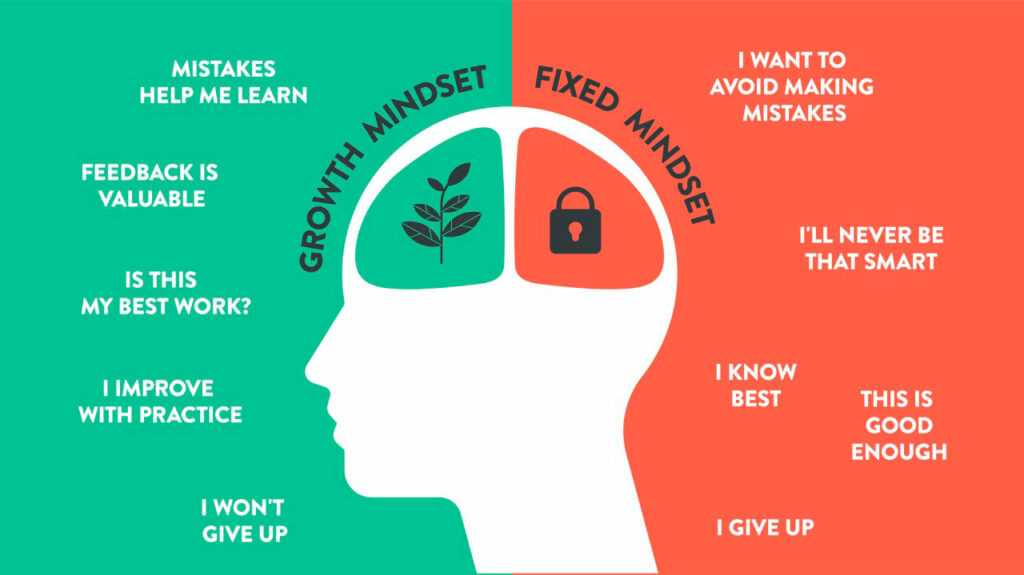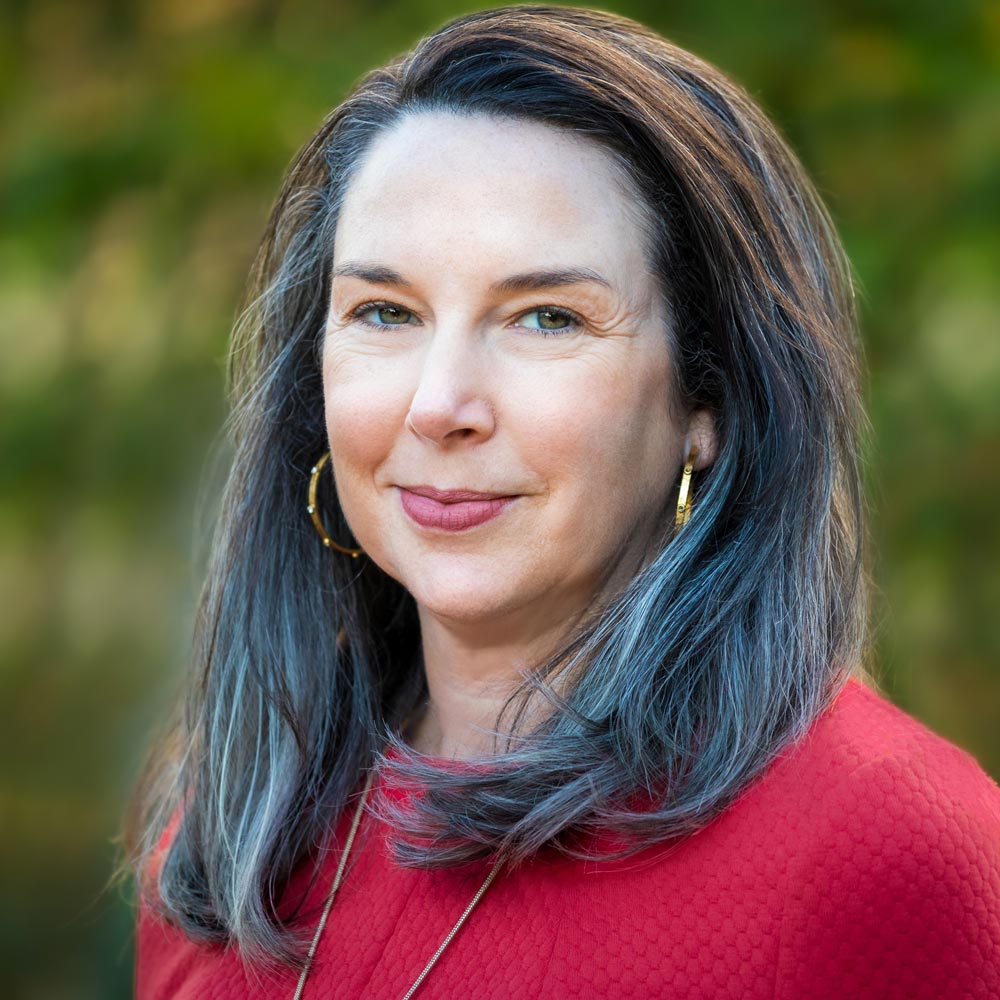Haven’t I learned enough? After 14 years of formal education and early career striving, haven’t I I earned the right to just stop and make use of what I know?
I’ve felt this, and nearly everyone I know has felt this. And for a leader of an organization, who has been working in a certain field for decades, it’s an easy place to land.
This attitude springs from two very different things going on in one’s head. In the first, we’re trying to convince ourselves, despite all evidence, through sheer hope, that the fixed mindset is better than the growth mindset. And the second, which is really the issue, is that fear or mental exhaustion makes us reluctant to make the effort. I’ll discuss these in order.
A fixed mindset is the belief that one’s abilities are innate and unchangeable, and that success or failure is a direct reflection of these static qualities. To someone with this mindset, every problem has only one answer. This is an incredibly seductive perspective for an adult, an expert and a leader. Undoubtedly they’ve been in many situations where they’re the smartest, most experienced or wisest person in the room. And in a world that is complicated, constantly changing, in many ways it is much more comfortable to go with what you know.
But here’s the thing about that: the world actually is constantly changing. And the growth mindset is way better suited to help you cope with it.
In a growth mindset, one’s knowledge and skills are constantly evolving, developing, and reshaping through continual learning. People with this perspective constantly seek out new lessons from every situation and from everyone around them. They know that the answers to today’s problems might not be what they have been taught, what they have learned from experience, or what they expect. In order to lead in this kind of world they embrace new perspectives and nontraditional teachers, because with every lesson they become better and smarter.
All of this seems pretty obvious when you lay it out this way, which is why very few people will actually say that they like the fixed mindset better. Most people probably tell themselves that they are practicing the growth mindset when they’re not. A big tell is in those moments of candor when they say, “I have learned all I need to know to do my job, to live my life, etc.”
What makes them say this when they know in their hearts that it’s not true?
I have a friend, let’s call her Kathryn, who has been working in a finance department for more than 20 years. She’s in her mid-50s and knows that there’s nothing in her current job for her. She’s burnt out, uninspired, and doesn’t agree with the direction leadership is taking their organization. But she doesn’t want to change jobs because she’s making a decent salary where she is. She knows it will require her to start a huge new learning curve in order to learn a new organization, learn a whole new way of doing things, and have to impress a new set of people. And so Kathryn plods on, unhappy, unfulfilled, just burning through her remaining years of productivity.
I’ll bet you know half a dozen people just like Kathryn. It is likely each one of us have had those moments of just not wanting to have to start a new learning curve at some point in our adult lives. This is fear of change combined with the kind of exhaustion that anyone can experience after decades in the working world. This is also a great example of the “knowing versus doing gap.” It is one thing to “know.” It is a whole new ballpark to actually take action on the known.
The big question I ask people in this situation is whether this pattern of behavior is actually serving them. Are they trading short-term comfort for long-term regret?
Undoubtedly, this is a difficult tangle for a lot of people, because they’re often trying to use logic and facts to override their emotions. But that’s going to fail, because as many have learned, facts alone don’t often change behaviors (just ask any climate change scientist). A better approach is to turn toward our emotions and sit with them, understand them. We can’t take away the fear, but we can make room for it.
And only then will we be able to move forward and become the beautiful, constantly evolving and growing people that we’re meant to be.
To give credit where credit is due: Carol Dweck is the mother of fixed vs. growth mindset. I highly recommend her book: Mindset and or some of her recorded discussions on the topic.
In defense of dogs, as any dog lover knows, you can indeed teach a old dog new tricks.

